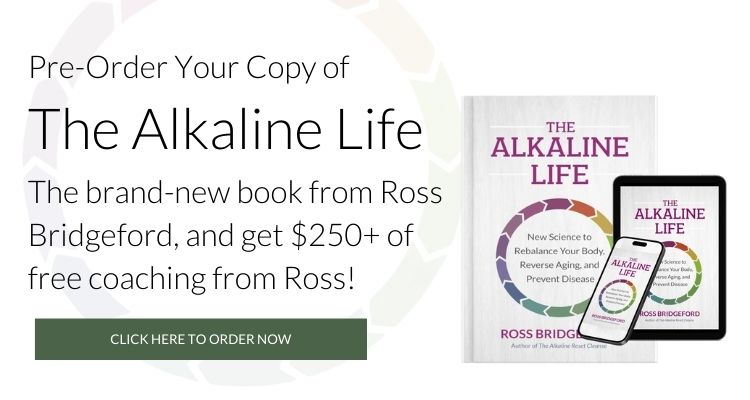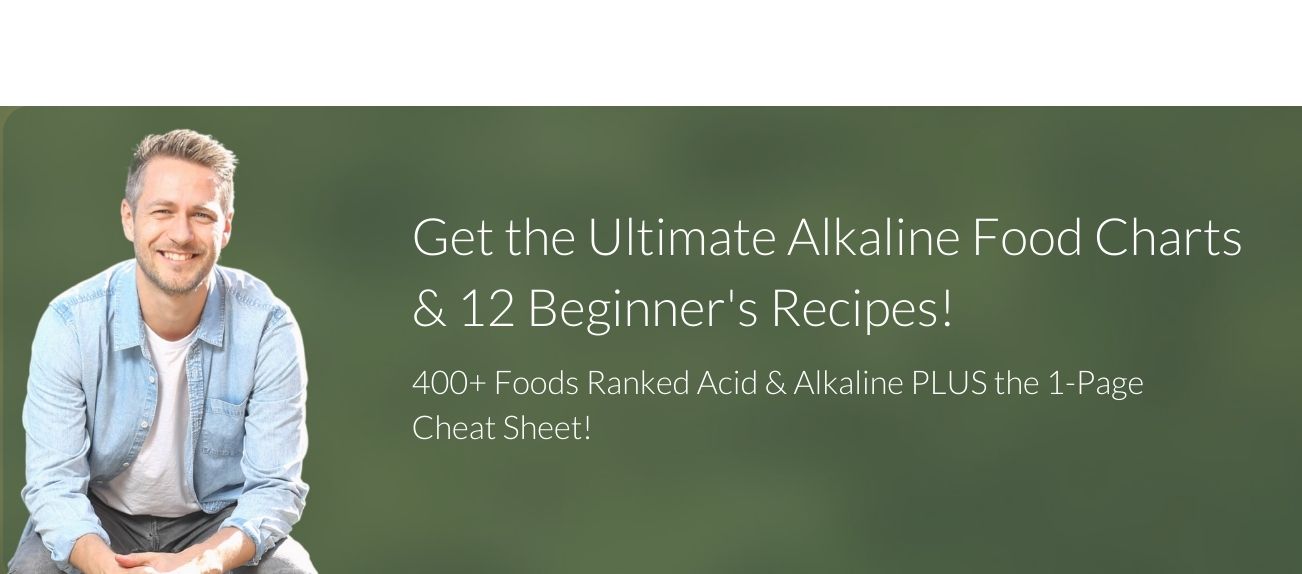Organically Speaking – Are Organic Foods More Healthy After All?
What started as a small, undeveloped niche has grown to become one of the biggest markets in the global economy.
The worldwide market for organic produce was worth US$28.5bn in 2005 and is expected to grow to at least US$47.6bn by 2010. This is big business.
Consumer awareness, changes in perceptions to health and an increase in a desire for personal ‘wellness’ and ‘wellbeing’ have driven growth for organic produce and there are now millions of consumers across the UK, Europe and USA who are willing to dig a little deeper into their pockets in order to ensure the peace of mind that buying organic brings.
But why? Are these foods really more beneficial? Do they really retain more vitamins and minerals? Are they really devoid of harmful chemicals and pesticides? Or has this been one of the most successfully executed marketing strategies of all time?
It is often the case in the health and nutrition industry that when something looks useful and desirable in the health industry, big business moves in…and when big business moves in deceit often follows.
Maybe deceit could be considered an adjective too strong, but what is a certainty is that big business often has a way of reworking, remodelling, reshaping and redeveloping concepts so that they still pass industry standards but at the lowest quality possible and at the lowest cost (to them) possible. Could this happen to the organic produce market? Is organic being overly hyped to increase the profit margins of the big supermarkets? Do consumers even know why they want to, or should, buy organic? The jury is still out…
According to the Food Standards Agency, the French Food Safety Agency, the Swedish National Food Administration and the Consumers’ Association there is no current scientific evidence to suggest that organic food is either safer or more nutritious than standard foods.
However, according to this study, which reviewed 41 other research reports comparing the nutritional content of organically grown and standard vegetables, fruits and grains, it was found that there are significantly more nutritional value in the organic crops. For instance, the organic crops included 27% more vitamin C, 21% more iron, 29% more magnesium and 13% more phosphorus. These foods also had 15% less nitrates than standard foods. More interestingly, the study found that while consuming five servings of organic foods met the RDI for vitamin C, standard, non-organic foods did not. Source: “Nutritional Quality of Organic Versus Conventional Fruits, Vegetables, and Grains,” by Virginia Worthington, published in The Journal of Alternative and Complementary Medicine, Vol. 7, No. 2, 2001 (pp. 161-173)
So who can you trust? Is organic worth the extra cost?
While organic produce is not economically viable to everyone, I think that if affordable buying organic is worth the extra cost. Is it any better for you? I guess we are yet to find out. However, it most certainly is better for the environment, for instance:
The environmental costs of using recommended pesticides in the United States are estimated to be $9 billion a year; included are 67 million birds killed each year from the recommended use of pesticides.
…conventional agriculture is rapidly depleting natural resources, particularly fossil fuels and fresh water, and seriously polluting soil, water and air
…organic farming uses 50% less energy than conventional farming methods.
See here and here .
Many supermarkets are also ignoring the plight of UK organic farms and are buying their produce from overseas. The outcome of this is that almost all UK organic farms are still battling to stay alive. Fordhall Farm is just one of these and has had to rely upon an innovative share-issue scheme to keep afloat.
I firmly believe that while still being priced slightly more expensively in the supermarkets, the benefits of organic food far outweigh the financial costs. There is definitely no evidence to suggest that eating organic is worse for you – so why not think of the added nutrition as an extra bonus to the fact that you are supporting local economy and the environment.
If it is affordable to you – back the farmers markets, back the local sellers and enjoy the taste!





